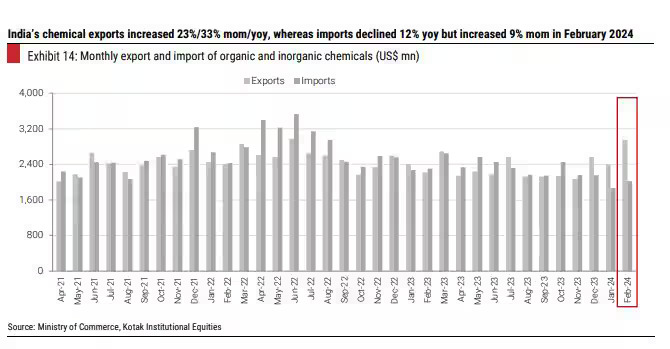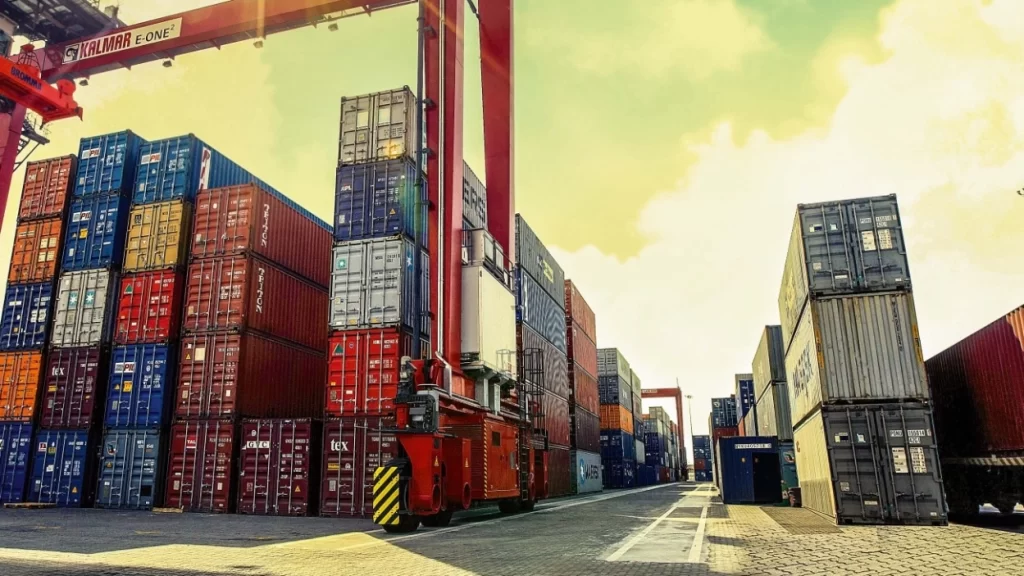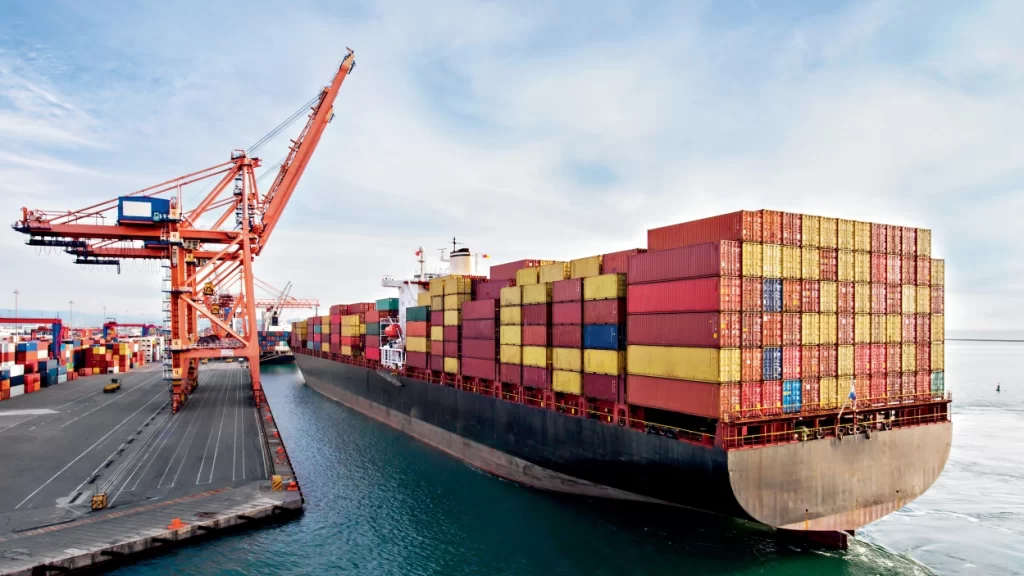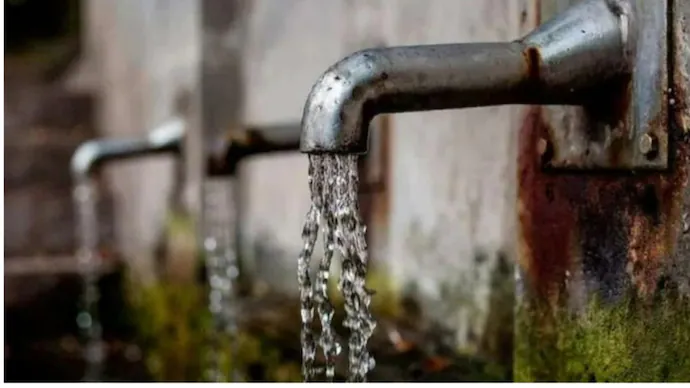High level of toxic chemical nonylphenol found in drinking water across the nation:
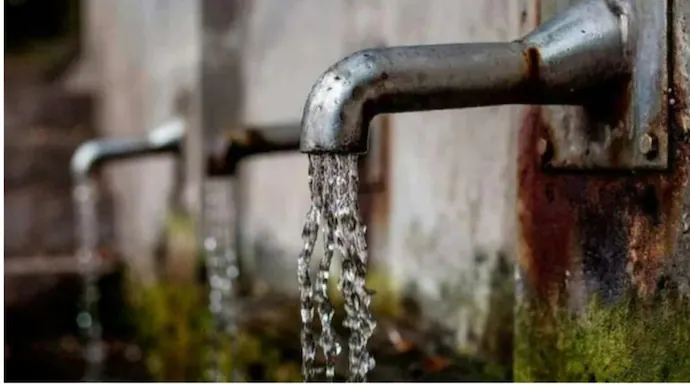
A study has found the presence of high levels of toxic chemical nonylphenol in drinking water across the nation.
A study revealed the presence of high levels of toxic chemical nonylphenol in drinking water across the nation. The study, titled Toxic Chemical Nonylphenol: A Barrier to Safe Drinking Water, found that the presence of toxic chemical in drinking water is 29 to 81 times higher than the permissible limit.
For the study, drinking water samples were collected from different parts of the country and sent to the Shriram Institute of Industrial Research, New Delhi for testing. The highest concentration of nonylphenol was observed in a borewell water sample from Bathinda (80.5 ppb).
“Nonylphenol is a toxic chemical and a well-known endocrine disruptor associated with a number of adverse effects on human health. Daily intake of nonylphenol through drinking water can have adverse health impacts on citizens”, said Piyush Mohapatra, Senior Programme Coordinator, Toxics Link, the organisation that carried out the study.
The United Nations Environment Programme (UNEP) has also designated nonylphenol as a chemical of global concern.
Nonylphenol is commonly used in the production of Nonylphenol Ethoxylates (NPEs). NPEs are used as surfactants as well as in day-to-day consumer products such as detergents, wetting agents and dispersants.
NPEs enter the environment and ultimately break down to nonylphenols that can enter different environmental matrices such as water and soil. The chemical can also possibly be released during industrial cleaning processes and from wastewater produced during production of NPEs. A 2019 study by Toxics Link confirmed the presence of nonylphenol in detergents sold in the Indian market with the highest concentration found to be 11.92%. Moreover, it was also detected in notably high quantities in all the river and lake samples tested in that particular study.
In India, the Bureau of Indian Standards (BIS) has set standards for phenolic compounds in drinking water (1 ppb) and surface water (5 parts per million (ppm)). However, at present, there are no standards exclusively for nonylphenols in drinking and surface waters in India.
Moreover, no regulations are in place in the country to restrict or phase out the use of NPEs in detergents and other consumer products in order to prevent the release of nonylphenol into the environment, especially water bodies.
“European Union and countries like US, Japan and China have already acknowledged the dangers of this chemical and have come up with regulations to phase out the chemical in many of the products including detergents for minimising the risks at the downstream level,”said Dr Omkar Gaonkar.
He further said, “These countries have also established water quality criteria and standards for nonylphenol.”
“Presence of nonylphenol in drinking water is of serious concern to human health and will require thorough investigation and creation of suitable standards for nonylphenol in drinking water. This measure will go a long way in ensuring water quality and availability of safe drinking water to citizens,” said Satish Sinha, Associate Director, Toxics Link.
VTAR provides various Pharmaceutical and Personal care chemicals for the industry.
Sources: From various excerpts from the Internet.

